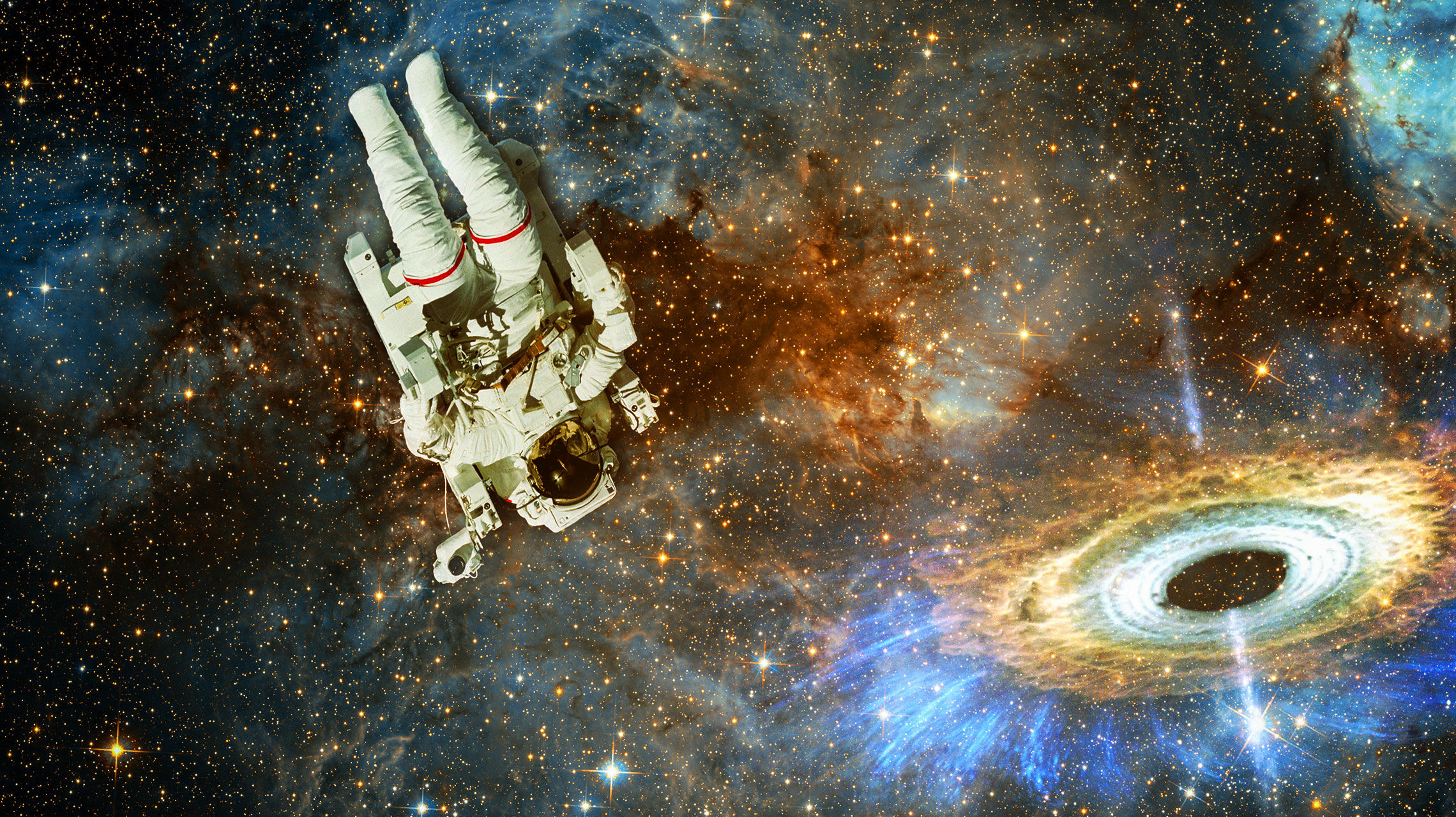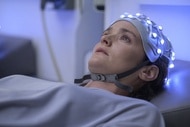Create a free profile to get unlimited access to exclusive videos, sweepstakes, and more!
Science IS imagination

The mind that's afraid to toy with the ridiculous will never create the brilliantly original...
— David Brin, Brightness Reef
People don't understand science.
And I don't mean that your average person doesn't understand how relativity works, or quantum mechanics, or biochemistry. Like any advanced study, it's hard to understand them, and it takes a lifetime of work to become familiar with them.
No, what I mean is that people don't understand the process of science. How a scientist goes from a list of observations and perhaps a handful of equations to understanding. To knowing.
And that's a shame, because it's a beautiful thing. It's not mechanical, not wholly logical, and not plodding down a narrow path of rules and laws.
But it appears to me that this is how Douglas Todd, author of an article in the Vancouver Sun called 'Scientism' infects Darwinian debates: An unflinching belief that science can explain everything about evolution becomes its own ideology, thinks of science. He likens it to religion, an unflinching belief that science can explain everything. He calls this -- as many have before him -- scientism:
Scientism is the belief that the sciences have no boundaries and will, in the end, be able to explain everything in the universe. Scientism can, like religious literalism, become its own ideology.
[...]
Those who unknowingly fall into the trap of scientism act as if hard science is the only way of knowing reality. If something can't be "proved" through the scientific method, through observable and measurable evidence, they say it's irrelevant.
Scientism is terribly limiting of human understanding. It leaves little or no place for the insights of the arts, philosophy, psychology, literature, mythology, dreams, music, the emotions or spirituality.
Right from the gate he's using a strawman argument. There are many things science can't explain currently, and no real scientist brushes those fields off as "irrelevant". And he's wrong in saying that science leaves no room for all those other studies; it's our study of human evolution that brings fantastic insight into why we have art, dreams, and mythology in the first place. What a strange notion, that science plays no role in those fields or our understanding of them!
But it's in his understanding of science where Todd goes completely off course. What he says about science is exactly backwards, and it seems to me that he doesn't understand the process of science, of how it's done by real scientists in real life.
First off, there is no such thing as scientism. What he is describing is simply science, because science by its very nature is an attempt to explain all things using natural processes. And he seems to think science has no imagination.
That's insane. Without imagination, all we can do is categorize the world. Assigning names and numbers, statistics and categories. And while that sort of thing is important in the scientific process, it's not science itself. Without imagination, science is a dictionary.
And in fact the opposite of what Todd is saying is true. It takes no imagination at all to insert a supernatural explanation in some spot where you don't understand the process. It's all too easy to say "the bacterium flagellum could not have evolved," or "The Big Bang theory doesn't explain why the Universe is homogeneous everywhere," and therefore "God did it." But it takes imagination, soaring, incredible, wonderful imagination, to look beyond the limitations of what's currently known, and see what could possibly be... and even more imagination to make sure this venturing beyond current understanding still stays within the bound of reason and known rules of science.
You can always insert magic or belief or some supernatural power, but in the end that is a trap. Because someone else who is more imaginative than you will see the actual steps, the process reality made, and then you are left with an ever-narrowing amount of supernatural room in which to wiggle. And once that gap starts to narrow, the squeeze is inevitable. Your explanation will be forced to fill zero volume, and you're done. Your explanation will be shown to be wrong for everyone to see, and your only recourse will be to abandon it, far too late to save your credibility.
Or to run for the Texas State Board of Education. But that's certainly not science.
It took a vast leap of imagination for Max Planck to think of gas molecules in the Sun behaving like little springs, oscillating away, able to eject only specific colors of light. It took a leap of imagination for Alan Guth to think that the Big Bang theory wasn't wrong, but incomplete, and to add inflation to explain why the Universe looks so smooth. It took Darwin's breadth of imagination to correlate the vast amount of data he collected, and see that it was the unthinking mind of nature that forced species to adapt or die.
It's all too easy to poopoo science, and to say that scientists are black and white automatons who go through the motions of the scientific method, rejecting anything with sparkle or color or surprise. But that conclusion itself lacks imagination. Science is full of wonder, of surprise, of leaps of imagination. If it were anything else, we wouldn't have probes orbiting other worlds, we wouldn't have vaccinations capable of wiping out scourges like smallpox, we wouldn't have digital cameras, the Internet, ever-faster computers, cars, planes, televisions. We wouldn't be able to feed ourselves, support our population, or look ahead to see where our decisions are taking us... and to see if these decisions are the right ones, and what to do to make them better.
Without imagination, even after all these centuries, we'd have learned nothing.
Science is imagination.
Tip o' the lab coat to Bill Rehm.


























